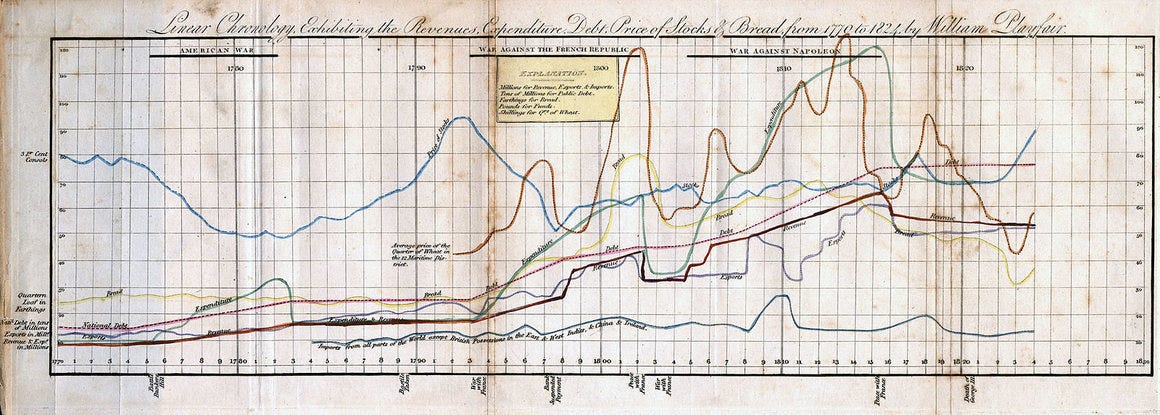Welcome to Thursday Things! This week we’re breaking all the rules! Well, some of them.
Sometimes you just gotta break the rules, man! Photo by Sam Carter on Unsplash
I love infographics. This stylish graphic illustrates the metaphorical language tree showing the development of (Western) human languages as an actual tree. (There are also numerous black cats in the tree. Not sure what they represent.): The Tree of Languages. Most surprising to me was this tidbit in the accompanying article — the language of the future may be French!
"French isn’t mostly spoken by French people and hasn’t been for a long time now," he admits," but "the language is growing fast, and growing in the fastest-growing areas of the world, particularly sub-Saharan Africa. The latest projection is that French will be spoken by 750 million people by 2050. One study "even suggests that by that time, French could be the most-spoken language in the world, ahead of English and even Mandarin."
More on this in a linked 2014 article: Want To Know The Language Of The Future? The Data Suggests It Could Be...French which contains this ironic sentence: “With the decline of France and the rise of the Anglosphere, English is now the world's lingua franca.” You either get the humor of that, or you don’t. I can’t help you.
My money is still on English for the win, though.
Incidentally, the father of the infographic was one of my favorite obscure authors, William Playfair (1759-1823), a Scottish engineer and political economist. Atlas Obscura has a cheeky article about his life. He is generally credited as the inventor of the pie chart, bar chart, and line graph. All your PowerPoint slides trace their ancestry to his work. He did lots of other things too. Playfair was something of a scoundrel and a jack of all trades, but these very traits gave him the ability to see things in a new way. Aside from pie charts, I also recommend his book An Inquiry into the Permanent Causes of the Decline and Fall of Powerful and Wealthy Nations, which has some useful insights into why great nations don’t stay great.

William Playfair graph of how bread and stock prices are affected by war
William Playfair changed how data is presented by ignoring the rules of the day, which insisted that you should make your points and persuade people of your case mainly by use of rhetoric — that is, words. It took a scoundrel — and occasional blackmailer — to break the rules and devise a better way. Another fellow, though not a scoundrel, who did things differently with great success was Cliff Young. If you’re Australian, or a distance runner, you likely recognize the name: The 61-Year Old Shepherd Who Shuffled His Way to an Unlikely Ultra Win:
1-year-old Cliff Young showed up to the 1983 Westfield Sydney to Melbourne Ultra Marathon in his first-ever pair of running shoes and windbreaker pants with hand-cut holes for ventilation. He picked up his number, popped out his false teeth (they rattled when he ran) and stepped into line with a group of young, nylon-clad super athletes waiting to start the 544-mile race. Of the spectators, staff, and athletes, the kind ones were confused and the less charitable scoffed. How the hell was this old man going to compete against professional athletes who had carefully trained for the inaugural installment of this grueling five-day race?
That’s the teaser. Read the brief article for the story of how he won. I read a longer and better written account of the story a few years ago, but can’t find it now. The point is Young didn’t know the unwritten “rules” of how to win an ultra race, so he ignored (or was ignorant of) the conventional wisdom on how to run such a race. He did it his way — and now many of the world’s elite ultra-runners do it Cliff Young’s way too.
Malcolm Gladwell’s book David and Goliath has many other examples of people or organizations succeeding by taking an unconventional approach, whether to business, sports, or other endeavors. The story of David and Goliath is the classic example — little David has no chance of beating Goliath in hand-to-hand combat, so he takes an unconventional approach and pops him between the eyes from a distance. Yes, God was on his side. But tactics helped.
Rules serve a useful purpose — but sometimes rules get in the way. You’ve got to know when to bend, break, or ignore the rules. Are there rules for that? Maybe. I leave that as an exercise for the reader.
If you love downloading free college textbooks, have I got a link for you! Publisher Springer Nature has made dozens of their college textbooks available as free downloads (pdf and most in epub format too) during this difficult virus crisis. The topics range from chemistry, physics, law, social sciences, psychology, engineering, math, medicine, and more. If you’ve had your eye on Introduction to Plasma Physics and Controlled Fusion or International Perspectives on Psychotherapy or Social Media Management this is your chance! Check out the whole list of free textbook downloads at this link.
Thank you for reading Thursday Things! See you next Thursday!



